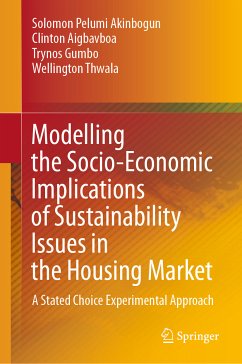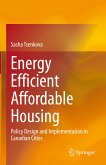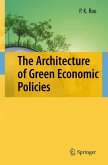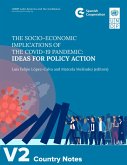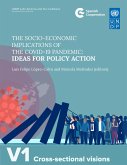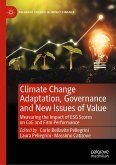The book addresses the economics of land use for graves in connection with housing choices and the implications for the rented sector of the property market. By means of several model-based simulations, it demonstrates that the neoclassical economics remedy to the negative externality of graves in or near private residences remains generally unacceptable.
Providing readers with a clear understanding of tenants' priorities in their choice of housing, as well as a new approach to the negative externality of graves in the rented sector, the book will be of interest to policymakers, urban planners, investors in residential housing and land economists alike.
Dieser Download kann aus rechtlichen Gründen nur mit Rechnungsadresse in A, B, BG, CY, CZ, D, DK, EW, E, FIN, F, GR, HR, H, IRL, I, LT, L, LR, M, NL, PL, P, R, S, SLO, SK ausgeliefert werden.

